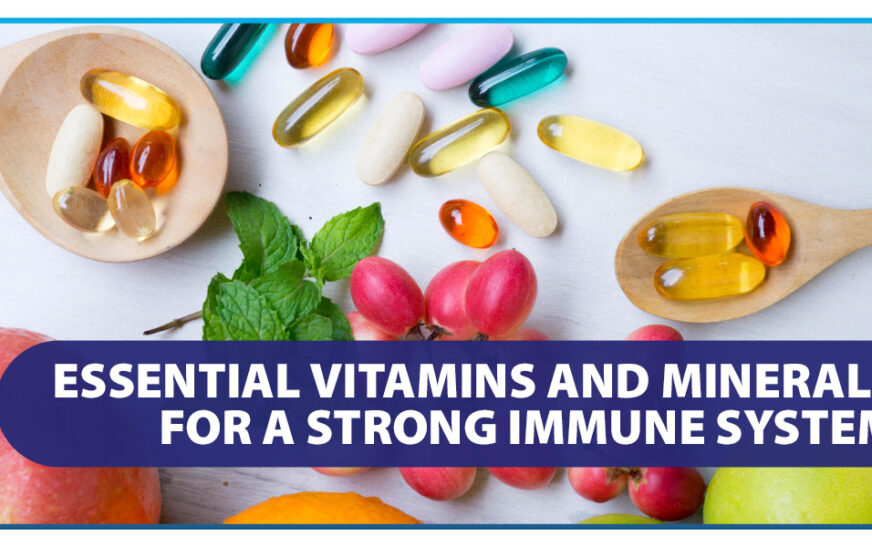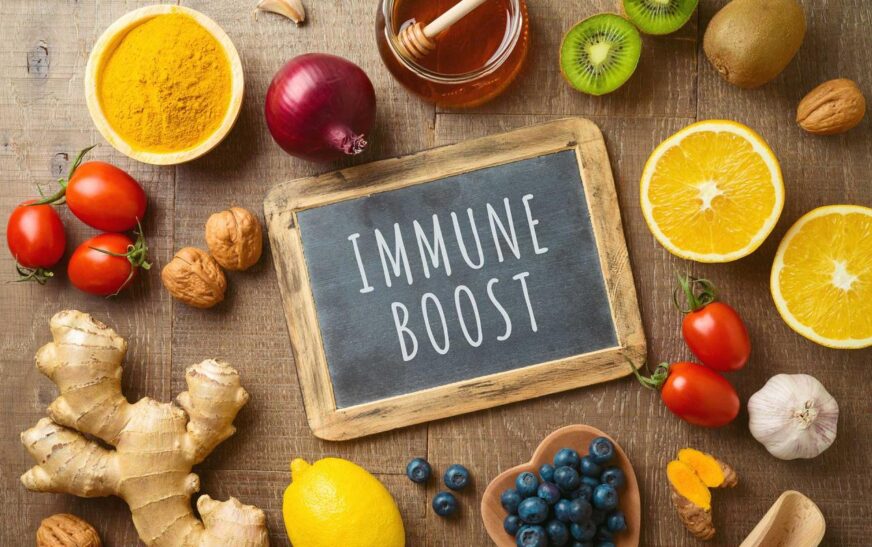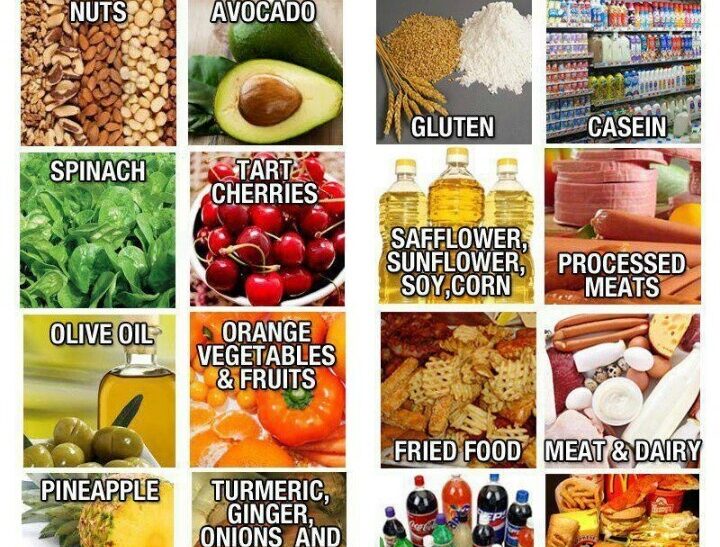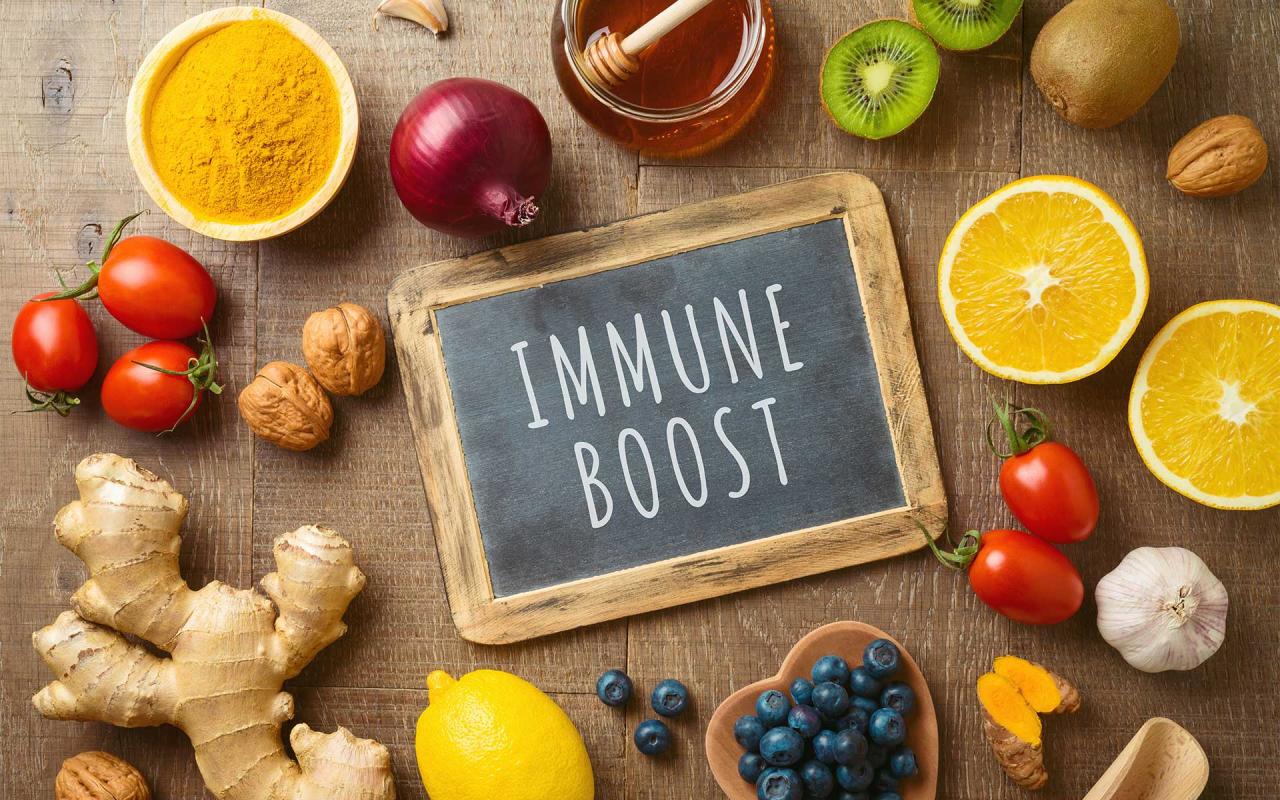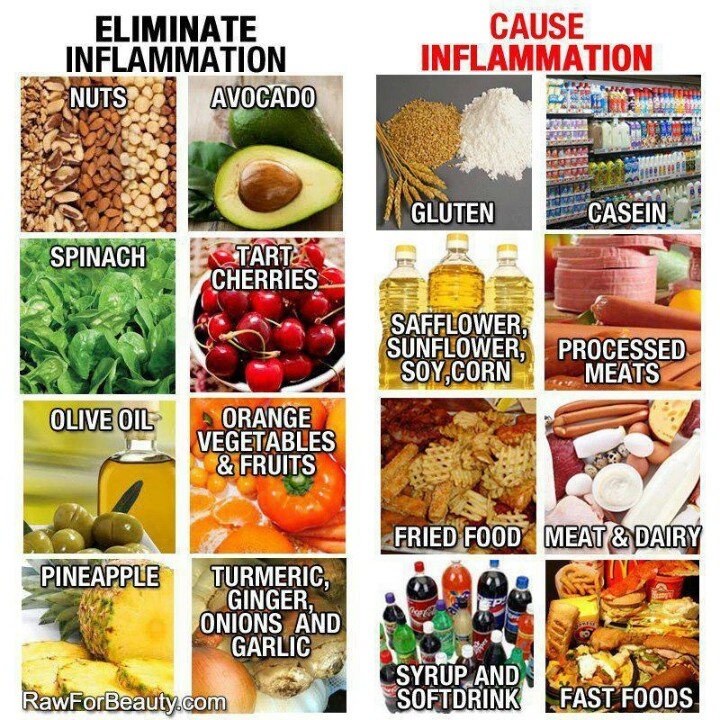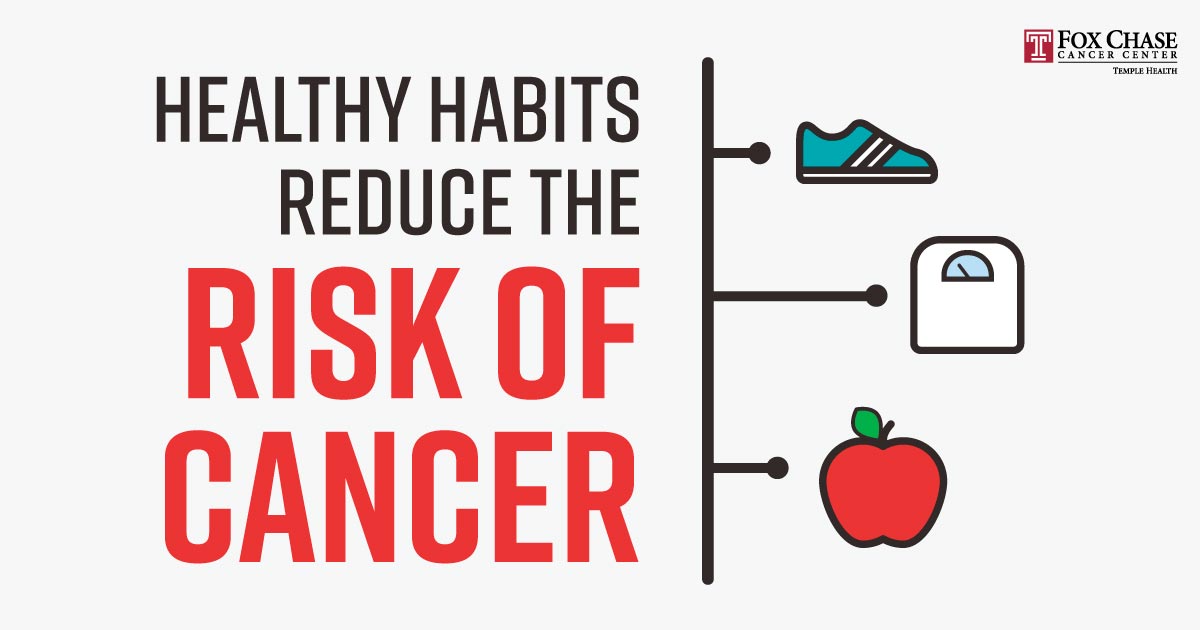Essential Vitamins for Immunity are the key players in fortifying your body’s defense mechanisms, ensuring you stay healthy and resilient. From the critical role of these vitamins to the impact of deficiencies, let’s delve into the world of immunity boosters.
Delve into the different food sources, recommended daily intake, and effects of essential vitamins on immune response, guiding you towards a path of optimal health and wellness.
Importance of Essential Vitamins for Immunity
Essential vitamins play a crucial role in supporting a strong immune system by helping to regulate and enhance immune responses. These vitamins are essential for various immune functions, including the production of antibodies, the activation of immune cells, and the maintenance of immune health.
Key Vitamins for Boosting Immunity, Essential Vitamins for Immunity
- Vitamin C: Vitamin C is a powerful antioxidant that helps boost the immune system by supporting the production of white blood cells and antibodies.
- Vitamin D: Vitamin D plays a key role in regulating immune responses and helps reduce the risk of respiratory infections.
- Vitamin E: Vitamin E acts as an antioxidant, protecting immune cells from damage and supporting their proper function.
- Vitamin A: Vitamin A is essential for the development and function of immune cells, helping the body fight off infections.
Impact of Vitamin Deficiencies on Immune Function
Deficiencies in essential vitamins can have a significant impact on immune function, leading to increased susceptibility to infections and a weakened immune response. For example, a lack of vitamin C can impair the body’s ability to fight off infections, while insufficient vitamin D levels have been linked to a higher risk of respiratory illnesses.
Sources of Essential Vitamins for Immunity
Ensuring a well-rounded diet rich in essential vitamins is crucial for maintaining a strong immune system. Let’s explore different food sources and the role of supplements in meeting the daily requirements of these vitamins.
Vitamin C
Vitamin C is commonly found in citrus fruits such as oranges, lemons, and grapefruits. Other good sources include strawberries, kiwi, and bell peppers. While it’s ideal to get Vitamin C from whole foods, supplements can be beneficial, especially for individuals with deficiencies or increased needs.
Vitamin D
One of the best sources of Vitamin D is sunlight, as our skin produces this vitamin when exposed to UV rays. However, dietary sources include fatty fish like salmon and tuna, egg yolks, and fortified foods like milk and cereals. Supplements are often recommended, particularly for those who live in regions with limited sunlight or have difficulty absorbing Vitamin D from food.
Vitamin E
Almonds, sunflower seeds, and spinach are excellent sources of Vitamin E. This vitamin acts as an antioxidant, protecting cells from damage. While it’s generally best absorbed from food sources, supplements can help individuals who struggle to meet their daily requirements through diet alone.
Zinc
Zinc can be found in foods like beef, poultry, beans, and nuts. It plays a crucial role in immune function and wound healing. While it’s important to consume zinc-rich foods regularly, supplements may be necessary for individuals with zinc deficiencies or specific health conditions affecting absorption.
Recommended Daily Intake of Essential Vitamins: Essential Vitamins For Immunity
Maintaining optimal immune health requires meeting the recommended daily intake of essential vitamins. These vitamins play a crucial role in supporting the immune system and overall well-being. Factors such as age, sex, and individual health conditions can influence the specific vitamin needs of each person. It is important to understand these factors to ensure adequate intake and support immune function.
Vitamin C
Vitamin C is a powerful antioxidant that helps boost the immune system and protect against infections. The recommended daily intake of vitamin C varies depending on age and gender:
- Adult men: 90 mg per day
- Adult women: 75 mg per day
- Pregnant women: 85 mg per day
- Breastfeeding women: 120 mg per day
Vitamin D
Vitamin D plays a key role in immune function and is important for overall health. The recommended daily intake of vitamin D varies based on age:
- Infants: 400 IU per day
- Children and adults up to age 70: 600 IU per day
- Adults over 70: 800 IU per day
Vitamin E
Vitamin E is a powerful antioxidant that helps protect cells from damage and supports immune function. The recommended daily intake of vitamin E is:
- Adults: 15 mg per day
Vitamin A
Vitamin A is essential for immune function and maintaining healthy skin and vision. The recommended daily intake of vitamin A is:
- Adult men: 900 mcg per day
- Adult women: 700 mcg per day
How to Achieve Recommended Intake Through Diet Planning
Meeting the recommended daily intake of essential vitamins can be achieved through a balanced diet rich in fruits, vegetables, whole grains, lean proteins, and dairy products. Incorporating a variety of nutrient-dense foods into your meals can help ensure you are getting an adequate amount of vitamins to support your immune system.
Effects of Essential Vitamins on Immune Response
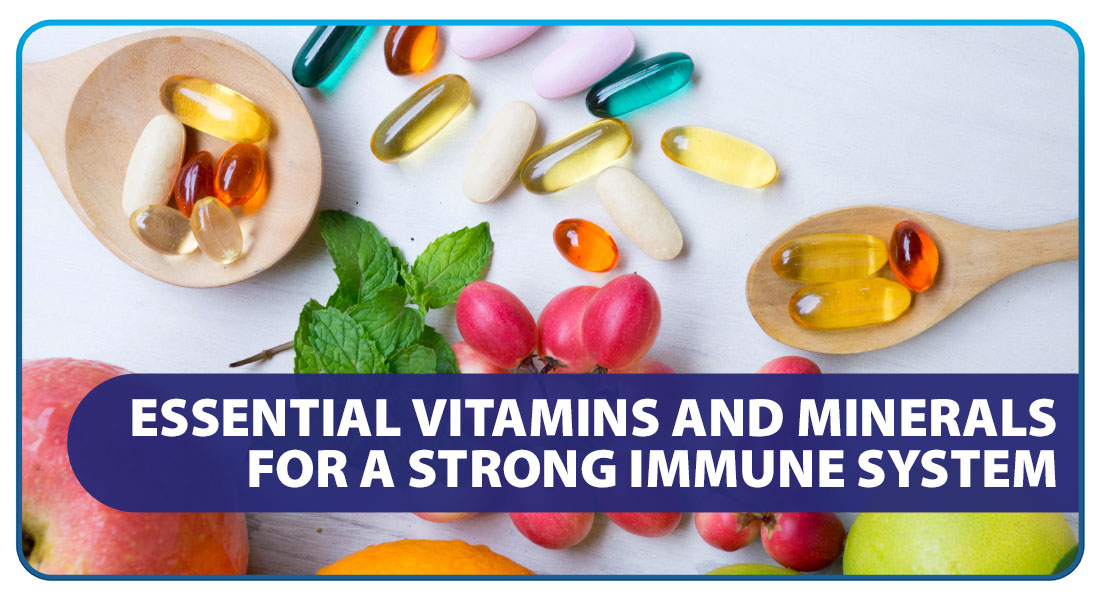
Vitamins play a crucial role in supporting the immune system to effectively fight off infections and diseases. Each essential vitamin interacts with the immune system in unique ways, contributing to overall immune response and function.
Interaction with the Immune System
Vitamin C, for example, is known for its antioxidant properties that help protect cells from damage and boost the production of white blood cells. These cells are essential for fighting infections and pathogens in the body. Vitamin D is crucial for regulating immune response and reducing inflammation, while Vitamin E acts as an antioxidant, protecting cell membranes from damage.
Impact of Excessive Intake or Deficiency
Excessive intake of certain vitamins can have negative effects on the immune system. For instance, an overdose of Vitamin A can weaken the immune response and lead to toxicity. On the other hand, a deficiency in Vitamin B6 can result in impaired immune function and increased susceptibility to infections.
Research Findings on Supplementation
Studies have shown that vitamin supplementation can be effective in preventing illnesses, especially in individuals with deficiencies. For example, Vitamin C supplementation has been linked to reduced duration and severity of colds. Similarly, Vitamin D supplementation has shown promise in reducing the risk of respiratory infections.
Closing Summary
As we conclude our exploration of Essential Vitamins for Immunity, it becomes evident that these powerful nutrients are the cornerstone of a robust immune system. By understanding their significance, sourcing them wisely, and meeting daily requirements, you pave the way for a healthier tomorrow.
Key Questions Answered
How do essential vitamins contribute to a strong immune system?
Essential vitamins support various immune functions, such as producing antibodies and enhancing cellular immunity.
What are some common food sources rich in essential vitamins for immunity?
Citrus fruits for vitamin C, dairy products for vitamin D, and leafy greens for vitamin A are excellent sources.
How can age and other factors influence individual vitamin needs?
Age, sex, health conditions, and lifestyle choices can impact the required daily intake of essential vitamins for optimal immune health.
What happens if there is an excessive intake or deficiency of specific vitamins?
An excessive intake can lead to toxicity, while a deficiency can weaken immune response and make the body more susceptible to infections.
Are vitamin supplements effective in preventing illnesses?
Research suggests that vitamin supplementation can play a role in boosting immune function and reducing the risk of certain illnesses.

